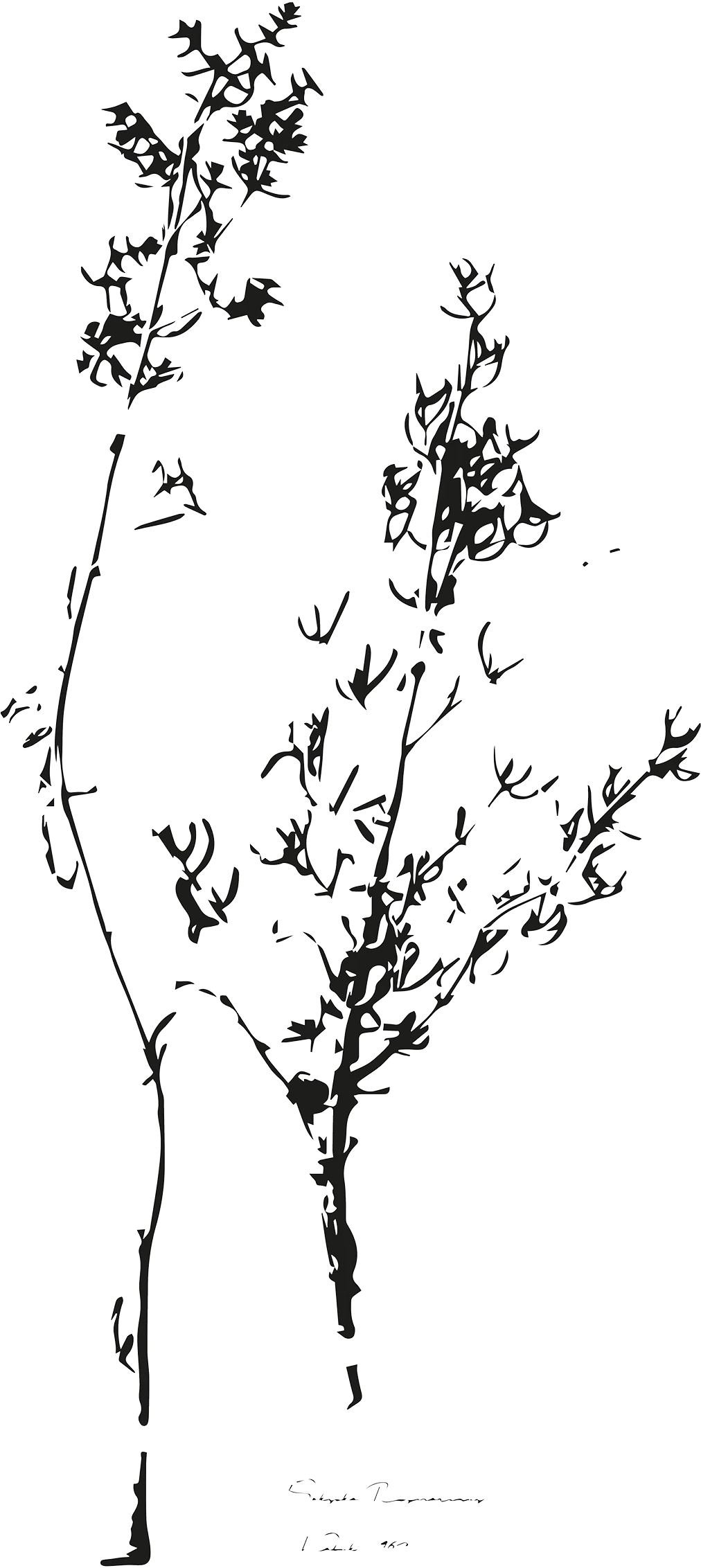The mother of all slipper-ups
Apprentices in Jiro’s sushi restaurant spend 10 years learning how to prepare raw ingredients, before they are finally allowed to move on to the next element of their craft, making tamago (egg omelette).
Beautifully documented in Jiro dreams of sushi (watch it) Jiro shows how it takes a lifetime to master the art of making sushi. In that context, a decade learning the fundamentals of the craft feels like an appropriate allocation of time.
Whether making carpets, hand-blowing glass or producing fine jewellery - each of our crafts requires a similar level of dedication to produce products to a luxury standard.
Having worked with our artisan partners for almost a decade now, they consistently meet the high bar we set for them. But we’re not done. Our objective is to keep raising the bar until Afghanistan becomes known for luxury around the world.
In our quest for quality, we have learned some rough lessons along the way.
Back In 2017, we thought ISHKAR might become a slipper business. We were proud owners of hand felted woolen slippers from Bamiyan province, central Afghanistan.
These slippers were a walking hug. They moulded exactly to the shape of your feet, extremely warm, but still breathable. And they looked great.
We made some small adjustments to the design and ordered 500 pairs from our local partner.
Many months later, they arrived in London.
When we opened the crate there was an overpowering smell of paint. The natural leather rim we had ordered had been replaced by a grey plastic rim, which had then been painted black using some sort of spray paint or nail polish.
We took them out and quickly noticed something odd. By our final count our partner had sent us 40% more left feet, than right feet…
They stopped answering our calls shortly after that.
We are proud to say our quality control process is much more professional these days.
Kitty Symington has joined ISHKAR earlier this year as Production Manager, and is now in charge of ensuring we don’t slip up again.
Scroll down to hear from Kitty about how she’s found her first months managing production in Afghanistan and beyond.
 The surviving slippers
The surviving slippers
Edmund Le Brun
ISHKAR co-founder
-
Kitty, what did you do before ISHKAR? Why were you drawn to the company?
Before ISHKAR, I worked for a fabrics and homewares brand within the interior design industry. The role was great, however, I was looking to apply my skills in production to a company that really inspired me, and aligned with my principles. ISHKAR’s approach to honest production, raising the makers and their countries on a pedestal, promoting their skilful and quality craftsmanship, is really what struck a chord with me.
You have been with us for six months now, what has surprised you most about the production process?
I wasn’t surprised to find the complications involved with shipping and payments in and out of the countries we work in. However, it has been delightful to experience how cooperative and persevering all our suppliers and artisans are despite the hardships they continue to face every day. Together, we’re always looking for solutions to continue to grow our partnerships.
How do you manage quality control when you are based in London?
Communication is key. During production, I am in constant contact with the artisans, where images and comments are sent back and forth on WhatsApp. Understanding better the materials, conditions, and processes of production in each case is so important in order to work with our suppliers to maintain the best quality possible, whilst respecting the handmade nature of the items we produce, and the differing circumstances of each maker.
What is the product in production you are most excited about launching this year?
We’ve been developing some hand-blown glass lighting pieces with our beloved glassblowers in Herat, Afghanistan. A totally new product line for us, and launching later this year, I can’t wait to see the collection in situ in our customer’s homes!






